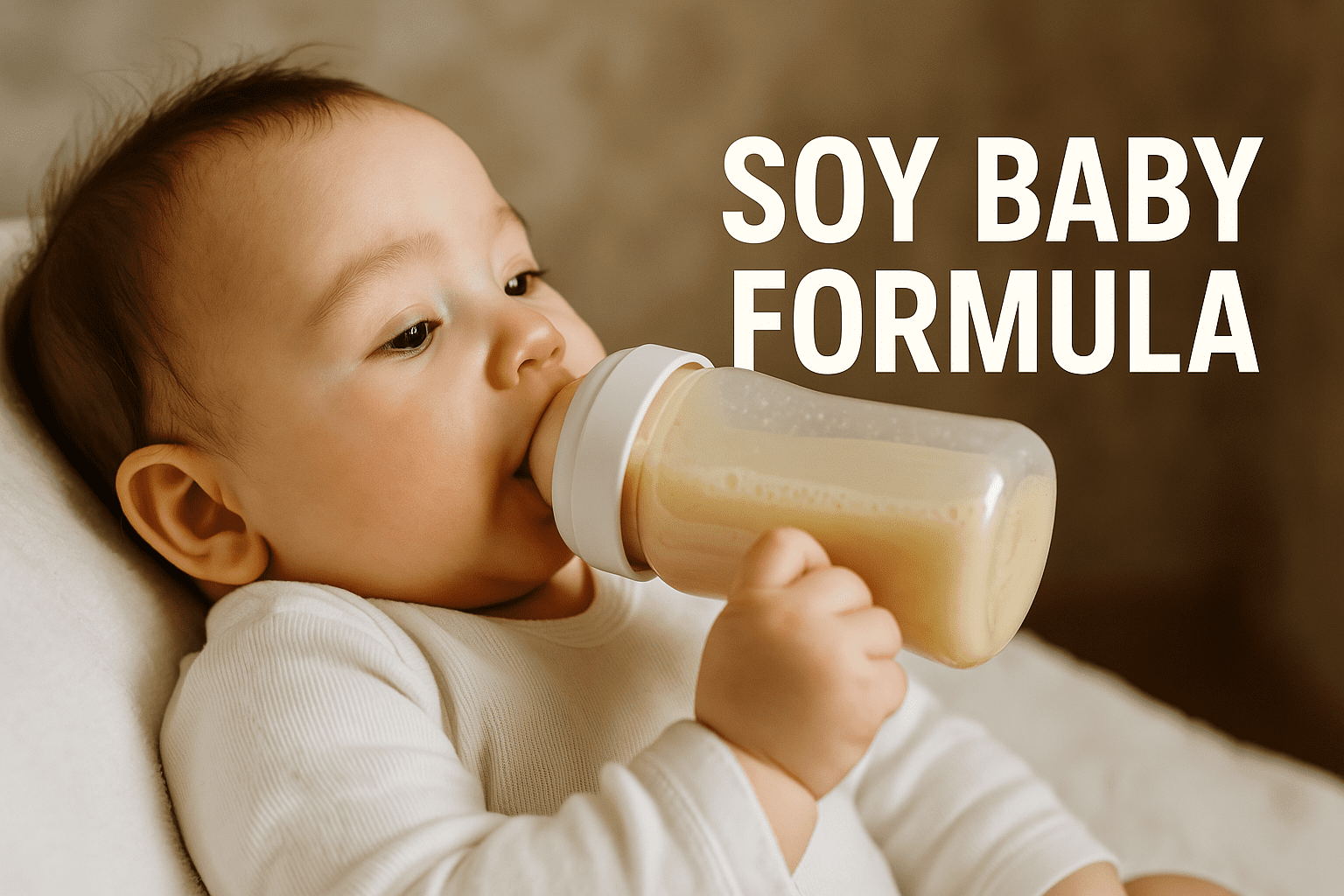
When it comes to feeding babies, parents want the best nutrition for their little ones. Soy baby formula may be an excellent choice for many families, as it offers several nutritional benefits. Here’s what parents need to know about soy-based infant formulas and how they can help support healthy growth in infants.
Soy-based formulas are made from soy protein isolate that is broken down into small pieces and free of allergens like lactose or casein proteins which can be found in cow’s milk based formulas. This makes them a great option for those with allergies or sensitivities, as well as vegan families looking for plant-based alternatives. In addition to being hypoallergenic, soy formulas have been shown to have more positive effects on gut health than dairy-based products due to the presence of specific compounds such as prebiotics and oligosaccharides that provide beneficial bacteria for the digestive system.
Apart from its allergy friendly qualities, soy formula also provides important nutrients needed by growing babies including essential fatty acids (omega 3 & 6), minerals (calcium & iron), vitamins A, C and B12 along with other macro and micronutrients. All these components work together to ensure proper development while providing protection against diseases later in life. With all these advantages, it’s no wonder why so many parents choose soy baby formula as their go-to source of nourishment for their children!
Definition Of Soy Baby Formula
Soy baby formula is an incredibly important product for the health and development of babies. It’s a dietary staple that can provide essential nutrients to infants, ensuring they have all the necessary components for healthy growth. Soy-based formulas are becoming increasingly popular as parents look for more natural, plant-based options when it comes to feeding their little ones. But what exactly does soy baby formula contain?
Soy baby formula provides complete nutrition in a convenient form. The base of this type of formula is made up of protein from non-GMO soybeans, carbohydrates from corn syrup solids or sucrose, fat from vegetable oil blends, vitamins and minerals needed for optimal health, and other key ingredients like choline and taurine. By providing these vital components together in one package, infant formulas offer everything your baby needs to stay happy and healthy during those early months and years.
Nutritional Value Of Soy Milk-Based Formulas
Soy milk-based formulas are a nutritious and safe alternative to cow’s milk formula for infants. Soy formulas provide adequate amounts of protein, fat, carbohydrates, minerals, vitamins, and other essential nutrients needed for growth and development in babies. The proteins present in soy formulas are different from those found in cow’s milk formula; however, they are highly digestible and have been shown to be well tolerated by most infants.
In addition to providing necessary nutrition for baby’s health, soy formulas may also offer additional benefits compared to their dairy counterparts. For example, some studies suggest that supplementing with soy can reduce the risk of certain allergies, such as eczema or asthma later on in life. Furthermore, since soy does not contain lactose it is often recommended for infants who suffer from gastrointestinal issues related to cow’s milk consumption. Ultimately these factors make soy an ideal choice for parents looking for a healthy option when feeding their little ones.
Benefits Of Soy Baby Formula
Soy baby formula is like a life-giving elixir to parents, with its many benefits providing nourishment and comfort. It’s like a warm embrace that fills the heart of both parent and child alike. From improved digestion to better sleep, soy formula offers an array of health advantages for your little one.
For starters, soy baby formulas are easier on infants’ tummies thanks to their unique blend of polysaccharides and proteins which help reduce digestive discomfort. This makes it ideal for those who suffer from colic or acid reflux symptoms due to a more gentle digestion process. Furthermore, this type of formula contains all the essential vitamins and minerals needed for proper growth and development in babies up to 12 months old. What’s more, since soy milk is naturally lactose free, it can be consumed by those who have difficulty digesting dairy products such as those suffering from cow’s milk protein allergies or intolerances.
Additionally, because soy formulas contain no animal fat or cholesterol, they’re considered much healthier than other types of infant formulas available in the market today. As a result, there’s less risk for obesity later in life given that diets high in saturated fats increase the chances of weight gain over time. All things considered, choosing soy baby formula can provide numerous nutritional benefits without sacrificing flavor or quality – making it an excellent choice for any parent looking for top notch nutrition for their little one!
Disadvantages Of Soy Baby Formula
Despite the benefits of soy-based baby formula, there are several drawbacks that parents should consider.
First, it is important to note that soy-based formulas still contain cow’s milk proteins in some form – either as an ingredient or a trace allergen. This means that if your child has any kind of dairy allergy, this type of formula may not be suitable for them. Additionally, many types of soy formula also use partially hydrolyzed proteins which can cause bloating and gassiness in babies who are sensitive to these ingredients.
Furthermore, since most plant-based sources of protein don’t have all the essential amino acids, soy-based formulas often need to include carbohydrates or other additives like corn syrup solids or palm oil to make up for any nutrient deficiencies. These additional ingredients may not present a problem for some infants but could potentially lead to digestive issues if consumed in excess.
Finally, when purchasing soy-based baby formula, it is important to read labels carefully and look out for potential allergens such as wheat gluten or almond meal which might be used as binders and fillers in some types of soy formulas.
Here are 5 key points about Disadvantages of Soy Baby Formula:
- Not suitable for children with dairy allergies due to the presence of cow’s milk proteins
- Partially hydrolyzed proteins can cause bloating and gassiness in some babies
- May require additional carbohydrates or additives like corn syrup solids or palm oil due to lack of certain nutrients from plant source
- Read labels carefully as some brands may include common allergens like wheat gluten and almond meal
- Additional ingredients may cause digestive issues if consumed in excess
Given these factors, it is wise for parents to weigh the pros and cons before deciding whether soy-based baby formula is right for their infant’s needs.
Types Of Soy Baby Formulas Available
Soy baby formula is an option for parents who are looking to provide their babies with a plant-based alternative to dairy. There are several different types of soy formulas available, so it’s important to choose the one that best suits your child’s needs. Some formulas contain only soy protein isolate, while others may include other proteins as well, such as whey or casein. Additionally, some brands add ingredients like DHA and ARA, which can help support brain and eye development in newborns. When selecting a formula, be sure to read the label carefully to ensure you understand exactly what is included in the product. If you have any questions about the ingredients or nutritional content of a particular product, don’t hesitate to ask your doctor or pediatrician for advice.
How To Choose The Right Soy Baby Formula
When it comes to choosing the right soy baby formula, there are many factors to consider. It’s important to be aware of both your child’s nutritional needs and what is available on the market when selecting a formula. Here is an overview of the main components you should look for in a high-quality soy baby formula:
| Component | Description | Examples |
|---|---|---|
| Protein | This nutrient provides essential amino acids that help build muscles and organs. | Soy protein isolate (SPI) or textured vegetable protein (TVP) derived from whole soybeans. |
| Fats | These lipids provide energy, support cell growth and development, aid in absorption of fat-soluble vitamins, and promote healthy skin & hair. | Vegetable oils such as safflower oil, sunflower oil, coconut oil; also flaxseed oil which contains omega 3 fatty acid ALA. |
| Vitamins & Minerals | These micronutrients are necessary for proper growth and development in infants. They include Vitamin A, C, E, B6 & B12; Iron; Calcium; Zinc; Phosphorus; Magnesium; Selenium; Copper & Iodine among others. | Synthetically produced versions of these nutrients found naturally in food sources like fruits and vegetables. Also fortified with DHA/ARA (Omega 3& 6). |
It’s also beneficial to select formulas that contain prebiotics – substances that stimulate the growth of beneficial bacteria in our digestive system – as well as probiotics – live microorganisms that offer a variety of health benefits including improved digestion & immunity. While organic formulas may have slightly better nutrition profiles than non-organic ones due to fewer synthetic ingredients being used during production processes, they can come at higher costs so it’s important to weigh up all options before making a decision on what type of formula you will use for your little one. Ultimately though, always make sure that whatever option you choose meets the appropriate standards set out by regulatory bodies such as Health Canada or FDA so you can rest assured knowing your infant is getting adequate nutrition tailored specifically for their age group!
Preparation And Storage Instructions
Once you have chosen the right soy baby formula for your infant, it is important to understand how to prepare and store the formula. Preparing a bottle of soy formula requires careful attention to detail in order to ensure that the nutritional content remains intact and that no bacteria or other contaminants will be ingested by your baby. It’s also important to properly store any unused portions of prepared formula so as not to allow bacteria growth.
To begin with, always wash hands before preparing a bottle of soy milk-based formula. In addition, sterilize all bottles and nipples prior to use. To make sure that the powder has dissolved completely during preparation, shake well after adding water (or follow instructions on container). Once mixed correctly, discard any leftover formula within an hour after feeding – do not save for later feedings. Furthermore, if using pre-mixed liquid concentrate or ready-to-feed formulas, check expiration date for freshness before using; once opened, refrigerate immediately and discard any remaining portion within 24 hours. Unopened containers can usually be stored at room temperature until expired date indicated on package; however some brands may need refridgeration when unopened.
For safety reasons it is best practice to never freeze prepared infant formula and only use freshly prepared product each time you feed your baby. Following these guidelines helps ensure that your little one gets optimum nutrition from their soy baby formula while avoiding potential health risks associated with improper food handling practices.
Allergies And Intolerances To Consider
When considering a soy baby formula, it’s important to consider any allergies or intolerances the child may have. Soybeans contain proteins that some babies are allergic to, and can cause anaphylaxis in severe cases. Additionally, many children are intolerant of lactose found in cow’s milk-based formulas. If your baby has either of these issues, they should be monitored closely while using a soy-based formula.
If you suspect your child is having an adverse reaction to their soy formula, signs such as wheezing, hives, swelling around the eyes and lips may indicate an allergy — seek medical attention immediately if this occurs. Alternatively, an intolerance would likely present itself through abdominal pain or bloating after consuming the product. A physician can advise whether switching to another type of infant nutrition might be beneficial for your little one. It’s important to weigh all potential benefits and risks when selecting a dietary option for your baby.
Special Considerations For Premature Babies
Premature babies have unique nutritional needs due to their underdeveloped digestive systems. It’s important that parents of premature babies take special considerations when selecting a soy baby formula for their little one.
When it comes to nutrition, extra care should be taken with premature infants due to the delicate nature of their digestion. Soy-based formulas are usually well tolerated by premature babies and provide essential nutrients needed during this critical growth period. However, some premature babies may not tolerate all types of soy infant formulas so it’s best to consult your doctor before making any decisions regarding a specific type or brand of formula.
It is also important to make sure you are providing the right amount and balance of other vitamins and minerals in addition to those found in soy baby formula as these can play an important role in the healthy development of a preemie. Your healthcare provider will be able to help guide you on how much additional supplementation your preemie might need based on their individual needs. As always, if there are any concerns about feeding a preemie soy-based formula, it’s important to speak with your healthcare provider for further advice.
Alternatives To Soy-Based Formulas
It’s important to consider alternatives for soy-based formulas, especially if parents are unsure about using them. As a nutritionist, I often describe the situation as being in a grocery store without knowing what you want; there are endless options on the shelves and it can be overwhelming.
When seeking out an alternative to soy formula, here are some things to keep in mind:
Cow Milk Formula:
- Pros: Easily accessible, no need to worry about allergies or sensitivities
- Cons: Not ideal for infants who have trouble digesting lactose
Protein Hydrolysate Formula:
- Pros: Good option for infants with milk protein allergy/intolerance
- Cons: Can be hard to find in stores and more expensive than cow milk formula
In addition to these two types of formula, there are other specialized options available such as almond milk formula and hydrolyzed rice formula. It is important that parents research all their choices thoroughly before making a decision and consult with their healthcare provider. Ultimately, finding the best fit for your baby comes down to considering his or her individual needs.
Feeding Tips For Newborns And Infants
Now that we’ve explored alternatives to soy-based formulas, let’s turn our attention to feeding tips for newborns and infants. It is important to remember the key components of a healthy diet: balance, variety, and moderation. Newborns should consume at least 20 ounces of breast milk or formula per day. As they grow, ensure their meals include all food groups – proteins, carbohydrates, fats, vitamins and minerals – in appropriate portions. Additionally, offer babies water between feedings as needed; this helps them stay hydrated and can also help prevent constipation.
Parents should be mindful of the consistency of foods when introducing solids into an infant’s diet. Start with pureed or mashed fruits and vegetables before moving on to finger foods such as small pieces of soft cooked meat or cheese cubes. Avoid adding salt or sugar to baby food as taste buds are still developing during these early stages. A pediatrician will be able to guide parents through each stage of development from birth to toddlerhood. Proper nutrition plays an integral role in helping little ones reach their full potential both physically and mentally; it’s essential for growth and development!
Common Questions About Using Soy Baby Formula
Soy baby formula is a popular choice for parents looking to feed their infants an alternative to dairy-based formulas. As with any nutritional decision, it’s important to be informed about the potential benefits and risks of using soy formula. Here are some questions that often come up when discussing this type of product:
Is soy formula safe? Yes, in general, soy formula is considered safe for babies. It contains all the essential nutrients your infant needs for proper growth and development. However, it’s always best to consult with your healthcare provider before making decisions on behalf of your child.
Are there any side effects associated with using soy formula? While most babies tolerate soy-based products just fine, some may experience digestive issues such as gas or bloating due to its plant-based proteins. Some may also develop allergies to soy proteins; if you’re concerned, talk to your doctor about testing your baby for these sensitivities. Additionally, many experts advise against giving children under one year old large amounts of processed soy foods due to possible exposure to estrogen-like compounds found in them.
Parents can rest assured knowing that they have options when it comes to providing nutrition for their babies — including the use of soy baby formula. With guidance from knowledgeable medical professionals, families can make informed decisions about what’s best for their children’s health and wellness needs.
Costs Associated With Soy Baby Formula
When it comes to cost, soy baby formula is typically more expensive than cow’s milk-based formulas. However, the exact amount of difference in price will depend on the brand and type you choose.
| Price Range | Type of Soy Formula |
|---|---|
| Low | Concentrate |
| Medium | Ready-to-Feed |
| High | Organic |
When considering costs, you should also factor in other expenses like bottles and nipples that may be necessary for feeding your baby. In addition, if you are using ready-to-feed or liquid concentrate formula, shipping charges can quickly add up over time. If possible, try to find a store near you that carries the brand and type of formula so you don’t have to incur any additional fees.
Overall, there are several factors which need to be taken into account when deciding whether or not soy baby formula is right for your child. While this type of formula may be pricier than traditional cow’s milk based options, its benefits could outweigh the cost depending on your individual circumstances. It is best to discuss what would work best for your infant with their doctor before making a decision about which type of formula is most appropriate.
Risks Of Consuming Too Much Soy In Infancy
As the saying goes, too much of a good thing can be bad. This is especially true when it comes to soy in infancy. While there are numerous benefits associated with including soy-based products in an infant’s diet, if consumed excessively, they may come with some unwanted side effects.
The potential risks associated with consuming excessive amounts of soy during infancy include:
Growth and Developmental issues:
- Stunted growth due to nutrient deficiencies as a result of poor absorption/digestion
- Cognitive delays or delays in motor skills development due to hormonal imbalances caused by high levels of phytoestrogens present in soy products
Allergic reactions:
- Skin rashes and hives due to allergic reactions triggered by ingesting large quantities of soy proteins
It is therefore important for parents and caregivers to take caution when introducing any new food into their baby’s diet, particularly those that contain significant amounts of soy; moderation is key! Additionally, seeking advice from health care professionals such as nutritionists or pediatricians will help ensure safe consumption practices are followed.
Professional Advice On Introducing Solid Foods
It’s important for parents to understand the risks of over-consuming soy in infancy. However, it is equally as important that a baby’s diet be supplemented with solid foods when appropriate. Introducing proper nutrition early can help ensure your little one has all the minerals and vitamins they need to develop properly.
When introducing solids, you should always follow professional advice from a pediatrician or certified nutritionist. They will be able to provide guidance on what type of food, how much and how often are best for your infant’s needs. As babies get older, their nutritional requirements change and so do their eating habits; you may find yourself needing more support as time goes on. It’s also important to remember that infants shouldn’t eat any type of honey until they’re at least 12 months old due to botulism risk.
As your child gets older, continue offering them nutritious meals with fruits and vegetables while limiting processed snacks and sugary drinks. Eating balanced meals will help keep your child healthy now and into adulthood. In addition, providing encouragement during mealtime allows them to learn about different flavors and textures which can lead to them being adventurous eaters later on in life!
Conclusion
In conclusion, soy baby formula can be a great way to provide nutrition for infants who cannot tolerate cow’s milk-based formulas or have other dietary needs. However, it is important to discuss the decision with a health care professional before introducing this type of formula into an infant’s diet.
Parents should also consider the cost associated with using soy based formula and potential risks of consuming too much soy in infancy. Soy has many nutritional benefits that could benefit growing babies; however, it is still important to introduce solid foods as recommended by their pediatrician.
As a nutritionist/dietician, I would always recommend consulting your doctor if you are considering using soy baby formula. The right choice will vary depending on individual circumstances, so make sure to ask questions and weigh out all options before making any decisions. A balanced diet full of nutrient-rich foods is key for healthy development in young children!
Frequently Asked Questions:
What are the nutritional benefits of soy baby formula?
Soy baby formula provides essential nutrients such as omega-3 and omega-6 fatty acids, calcium, iron, and vitamins A, C, and B12. It is also hypoallergenic, lactose-free, and contains prebiotics and oligosaccharides that support gut health.
Is soy baby formula suitable for infants with dairy allergies?
Yes, soy baby formula is a great option for infants with dairy allergies or lactose intolerance, as it is made from soy protein isolate and does not contain cow’s milk proteins like lactose or casein.
Are there any disadvantages to using soy baby formula?
Some potential disadvantages include the presence of partially hydrolyzed proteins that may cause bloating or gassiness in sensitive babies, the need for added carbohydrates or fillers, and the risk of allergens like wheat gluten or almond meal in some brands.
How should soy baby formula be prepared and stored?
Always wash hands and sterilize bottles before preparation. Shake well after mixing with water and discard any leftover formula within an hour. Pre-mixed liquid formulas should be refrigerated and used within 24 hours after opening. Never freeze prepared formula.
What should parents consider before choosing soy baby formula?
Parents should consult a healthcare provider, especially if their baby has allergies or sensitivities. They should also check labels for allergens, consider cost, and ensure the formula meets regulatory standards for infant nutrition.

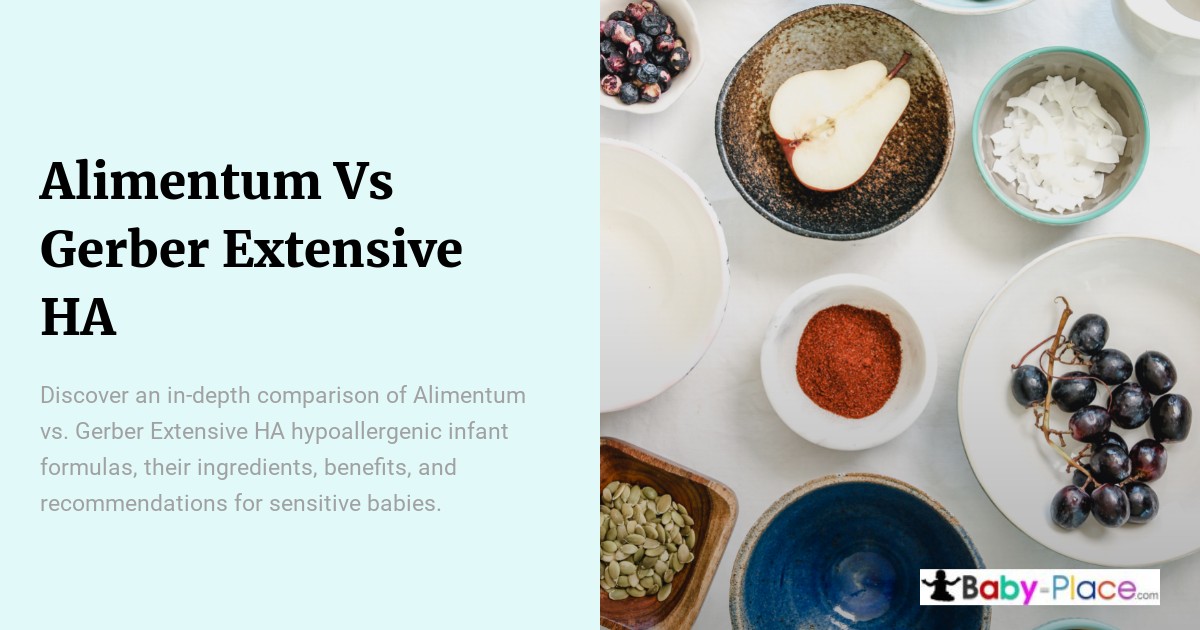
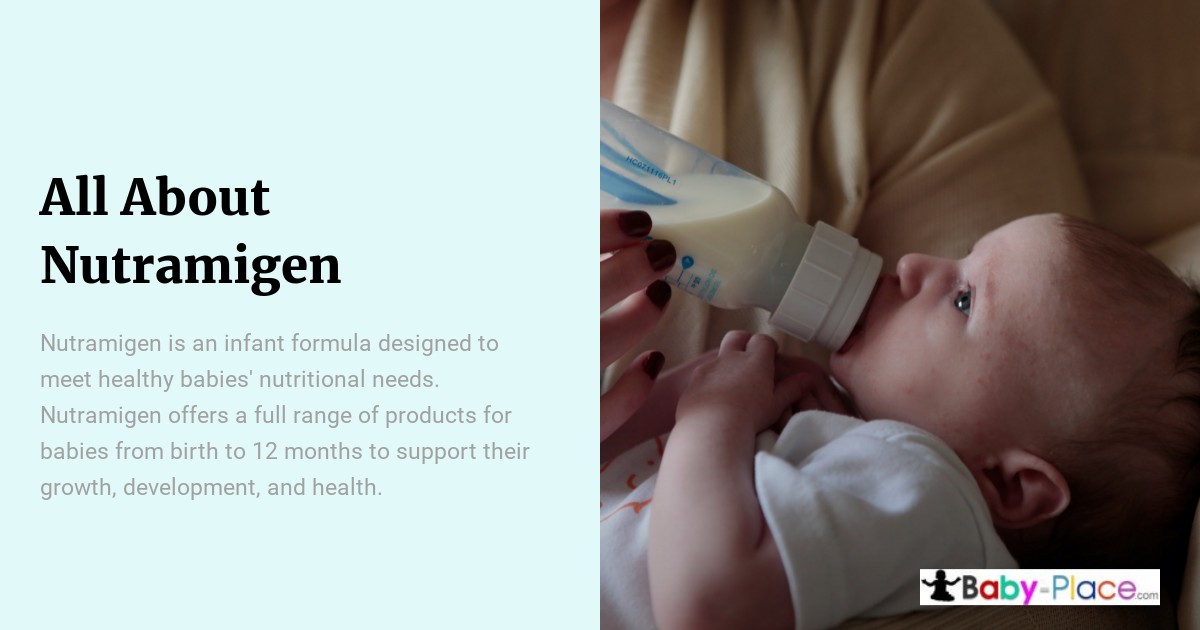
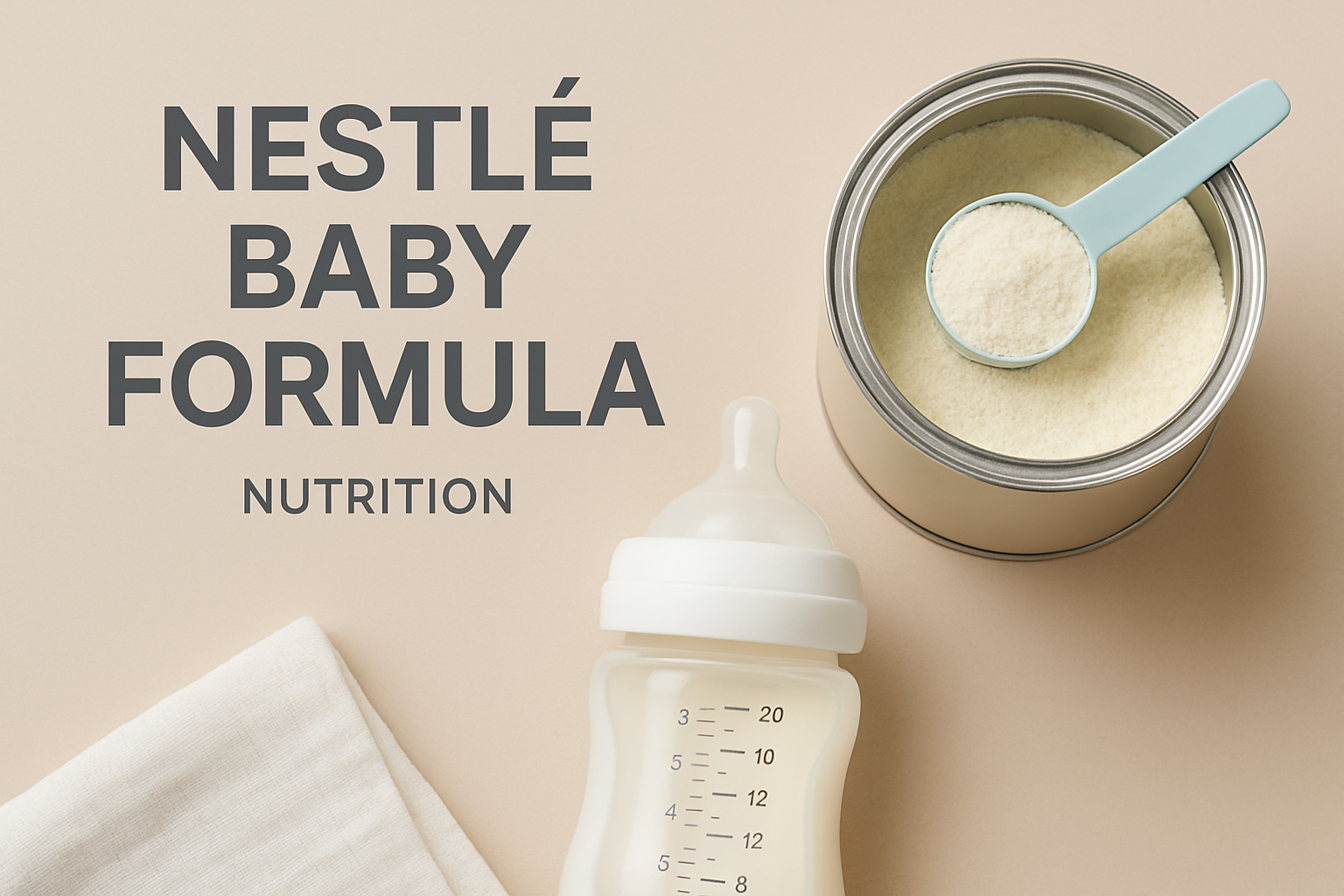
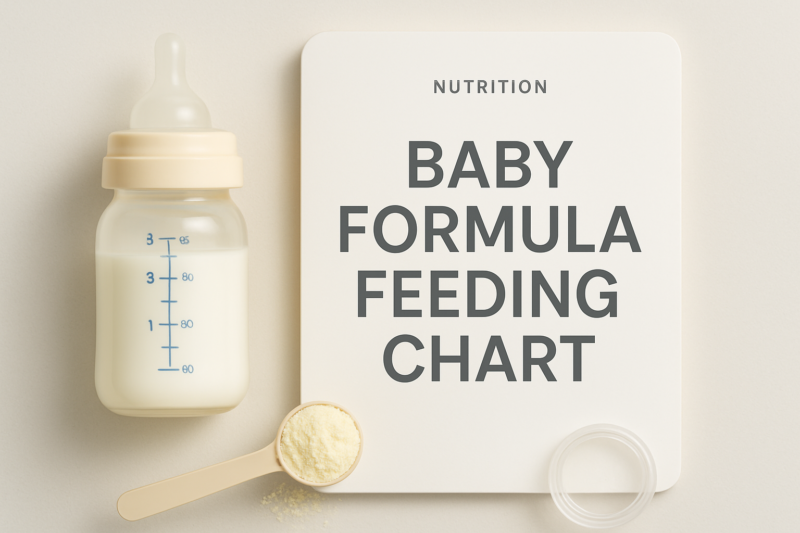
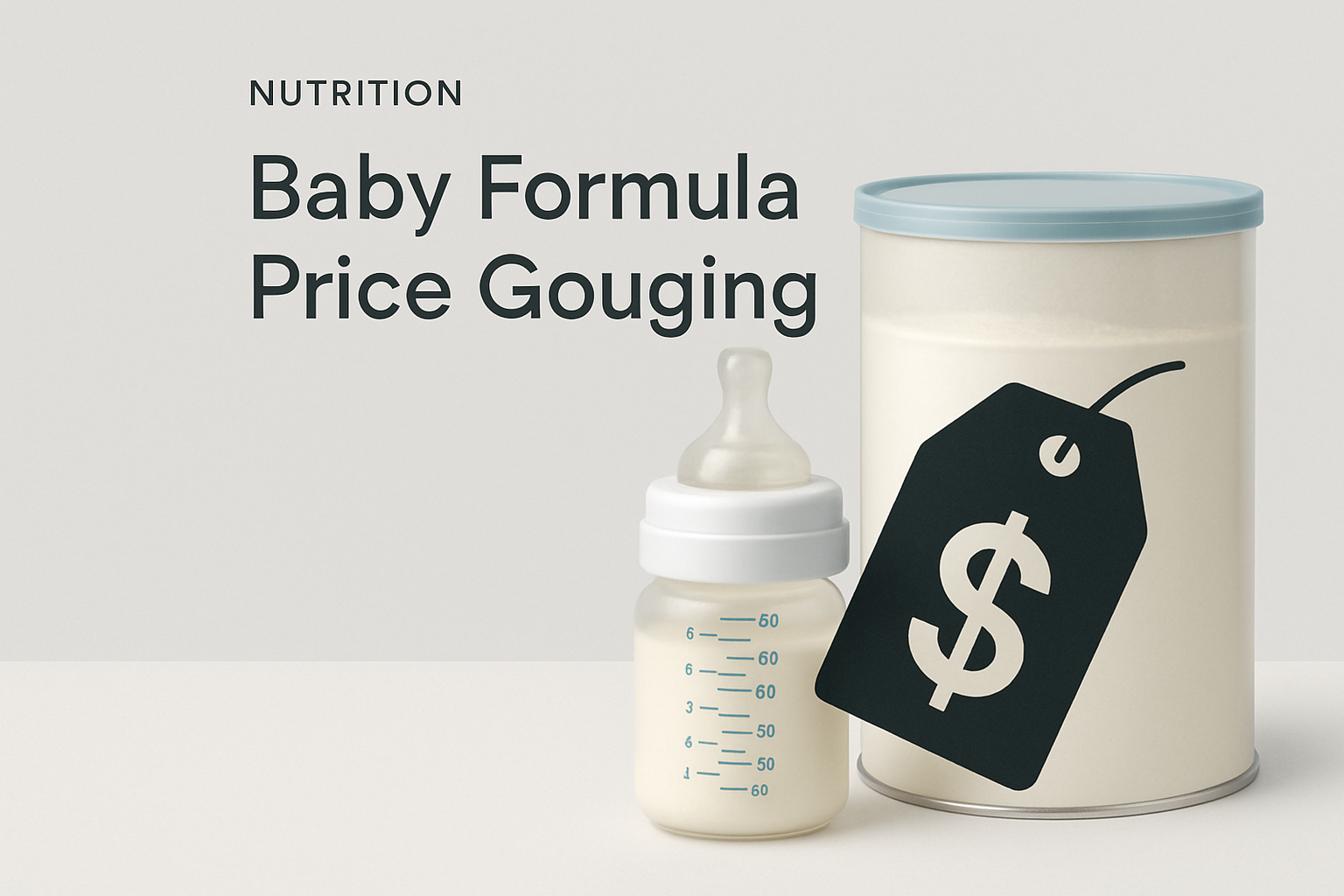

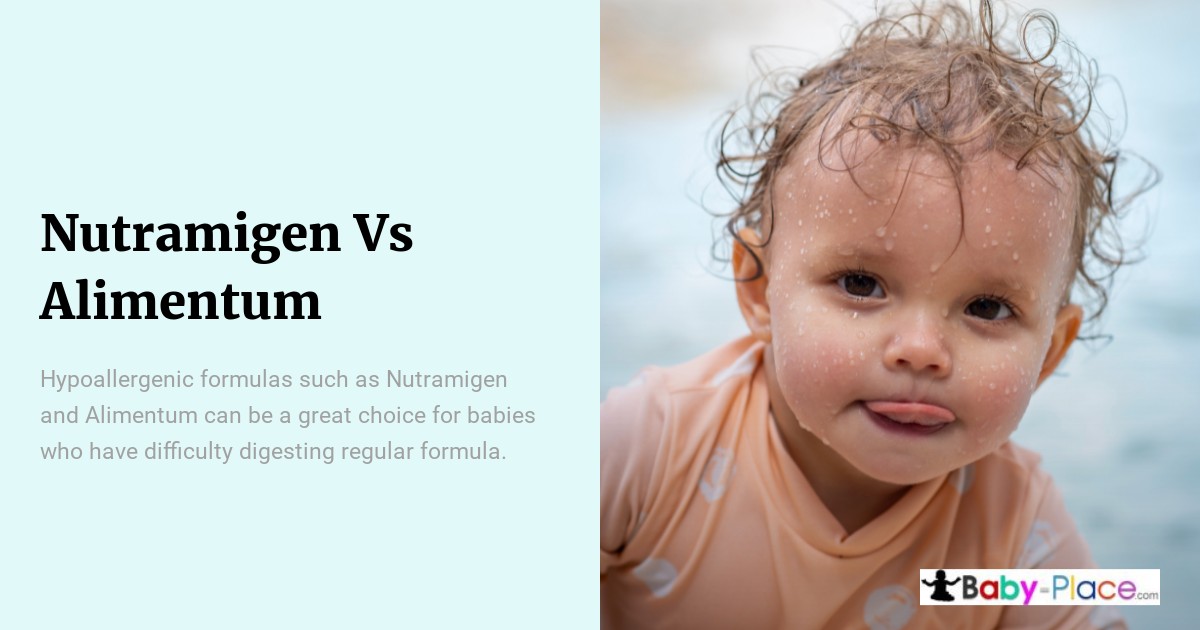
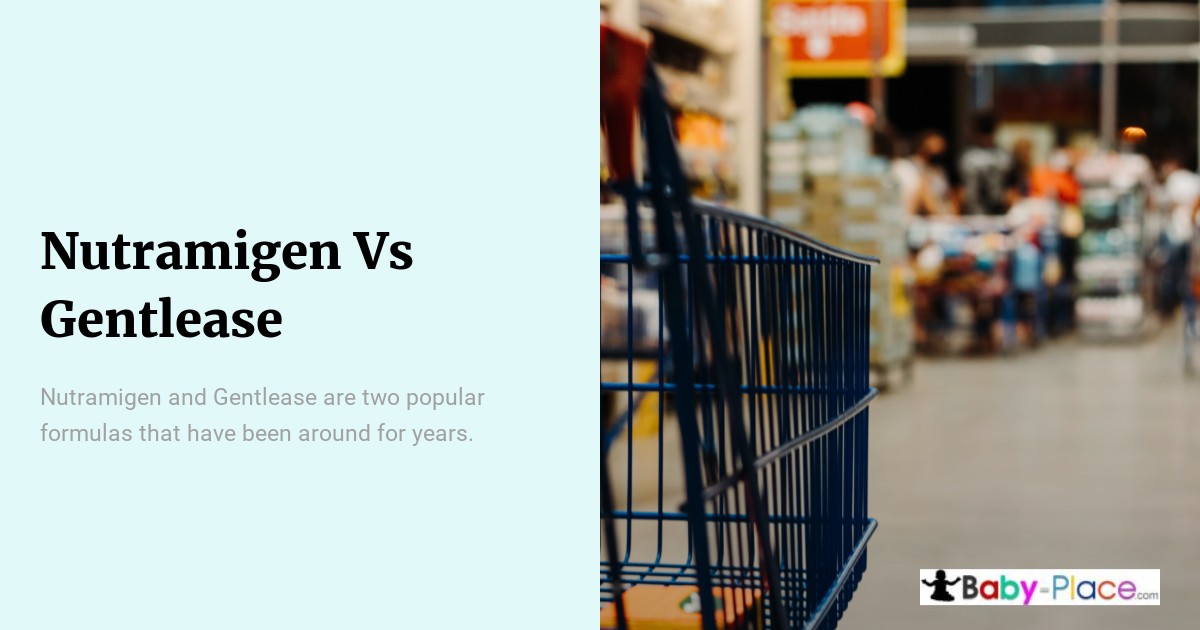
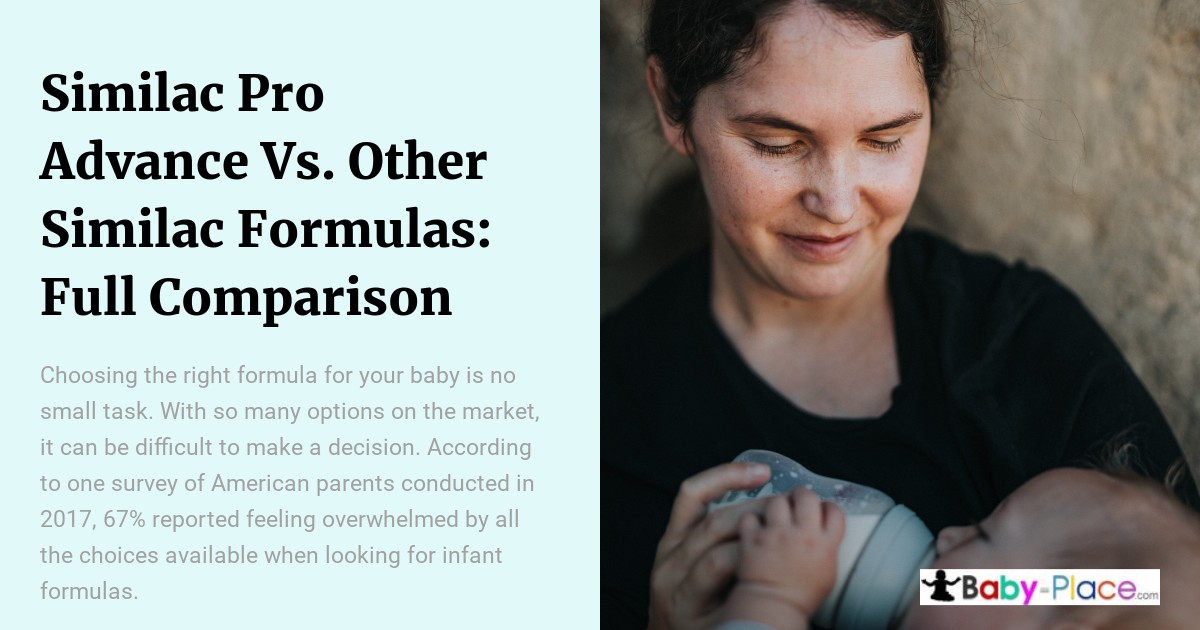
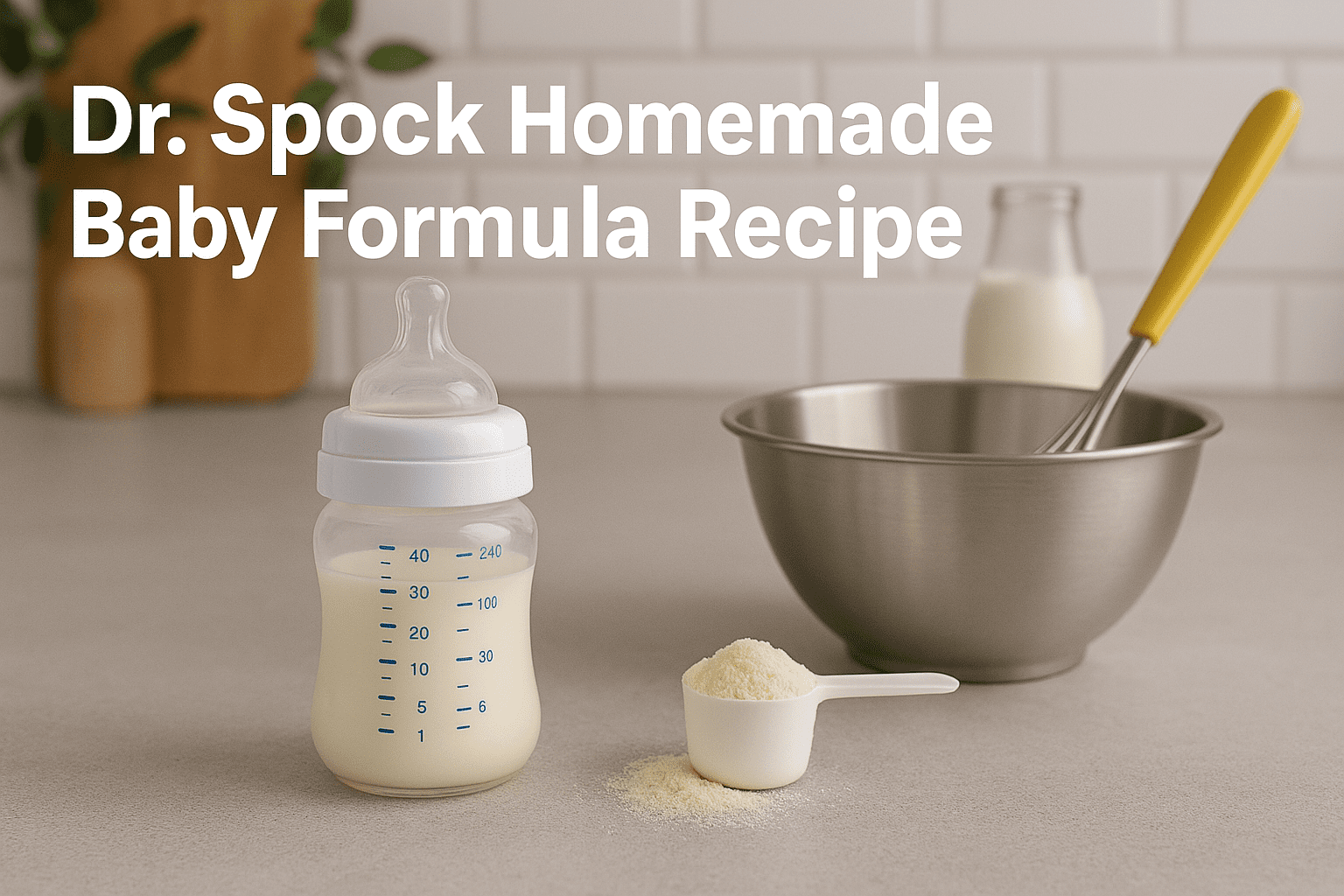
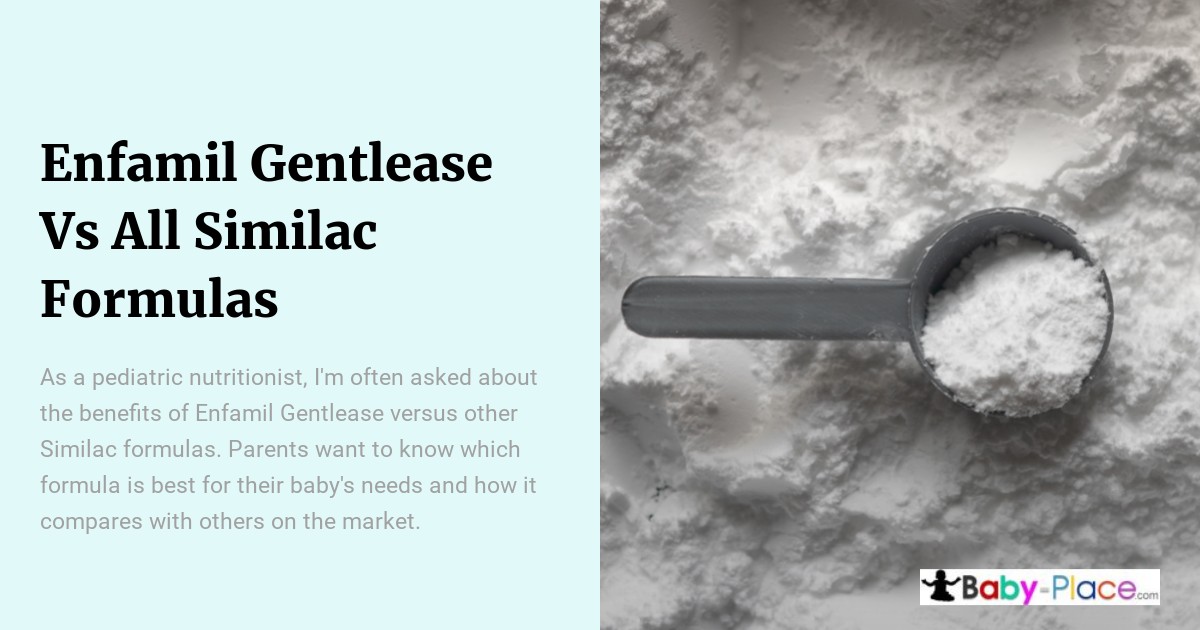





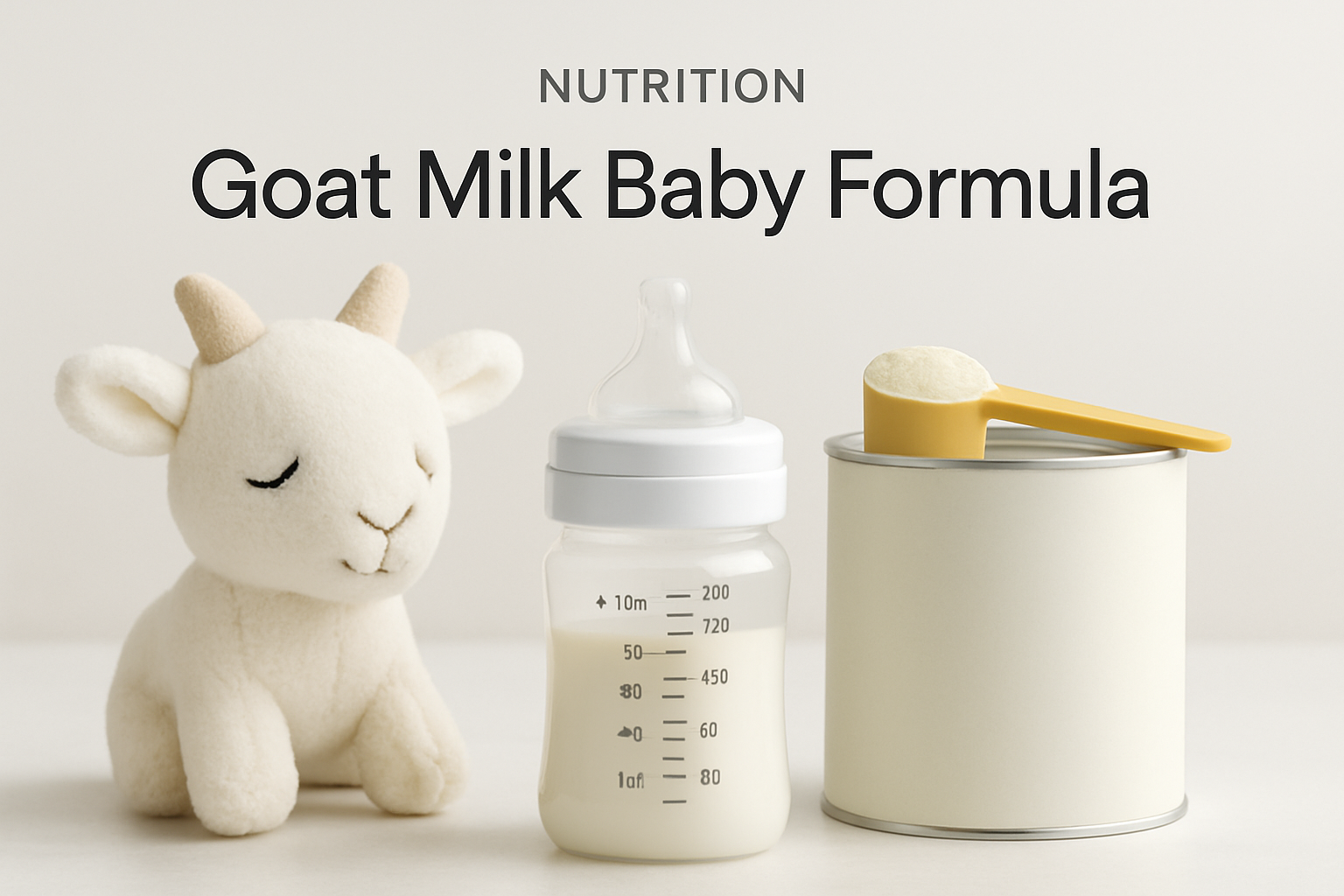
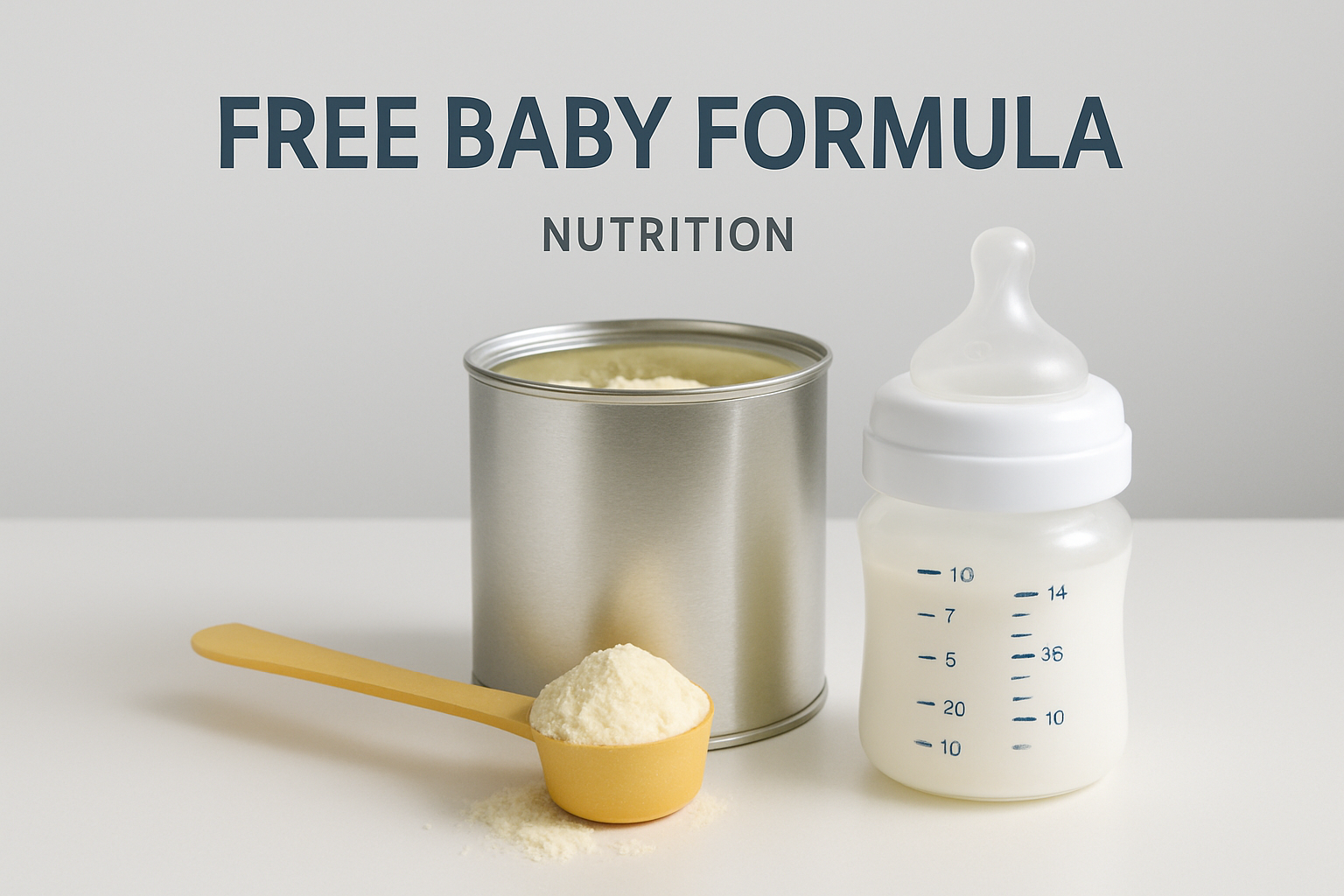
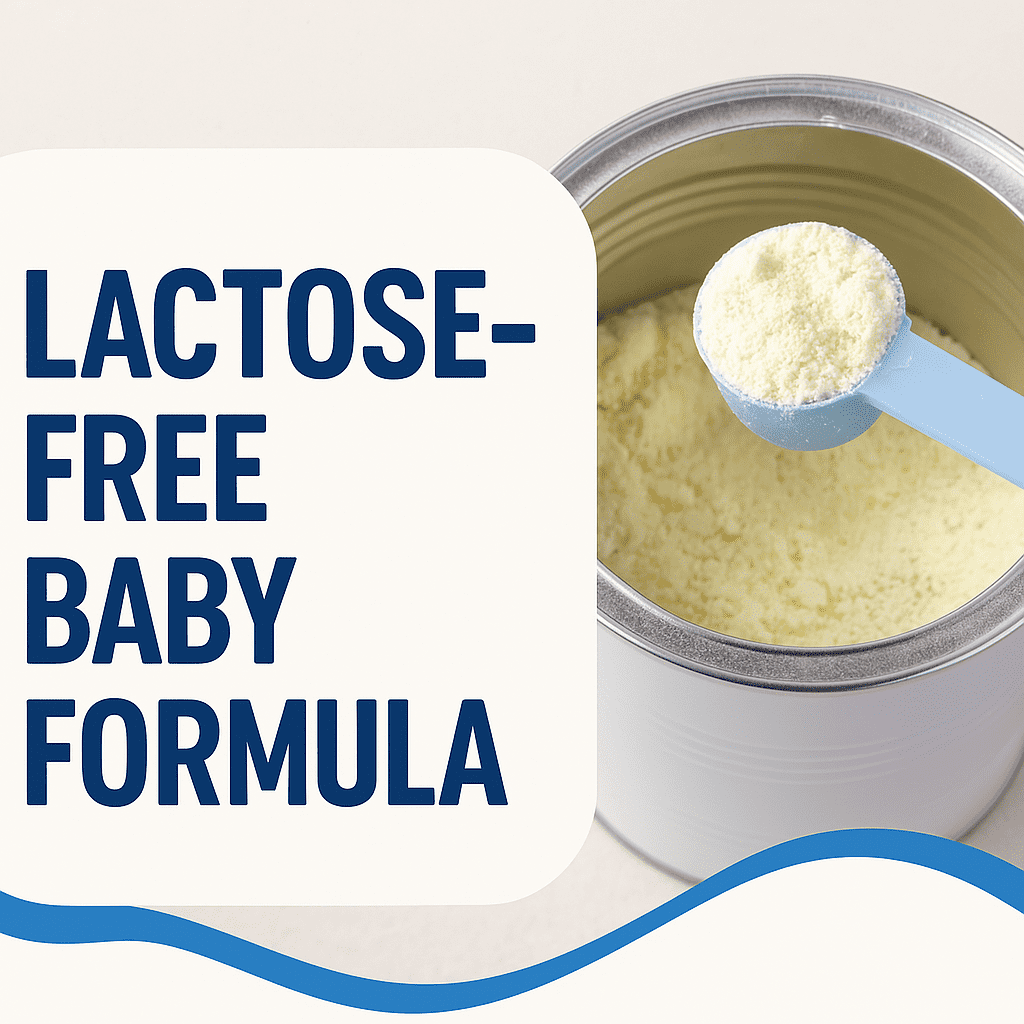


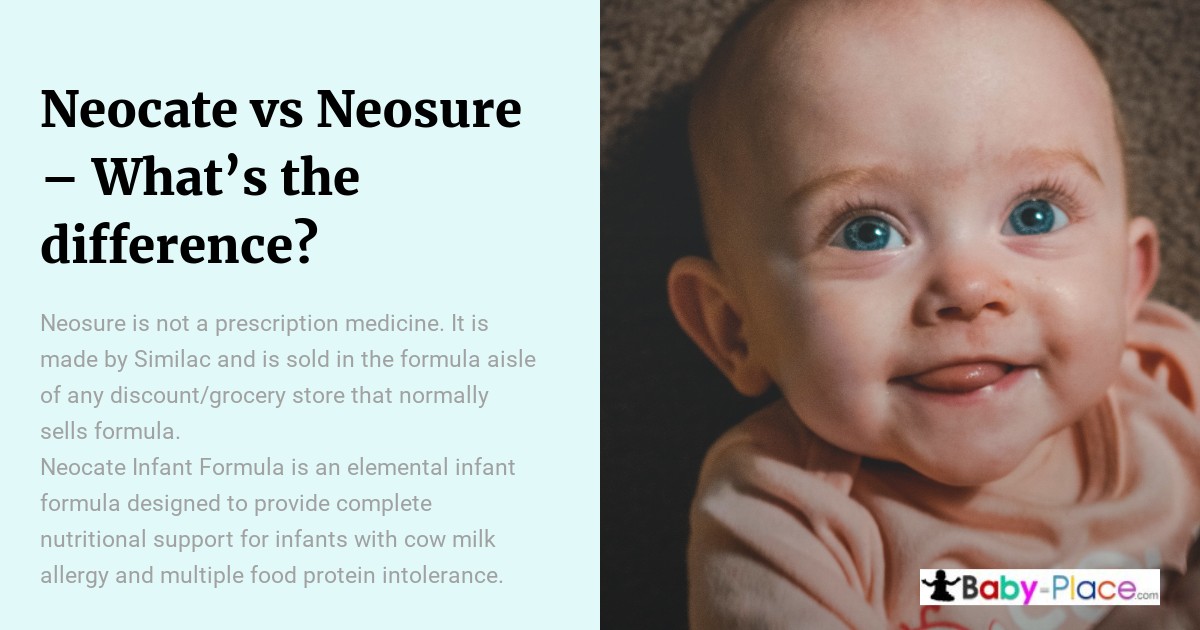
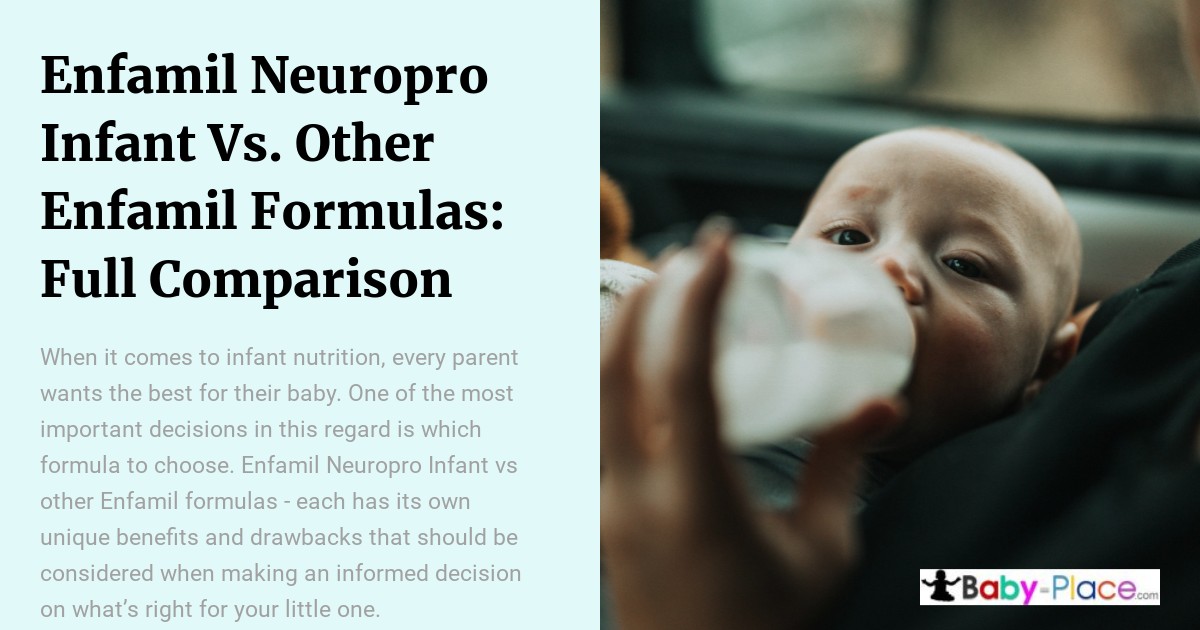
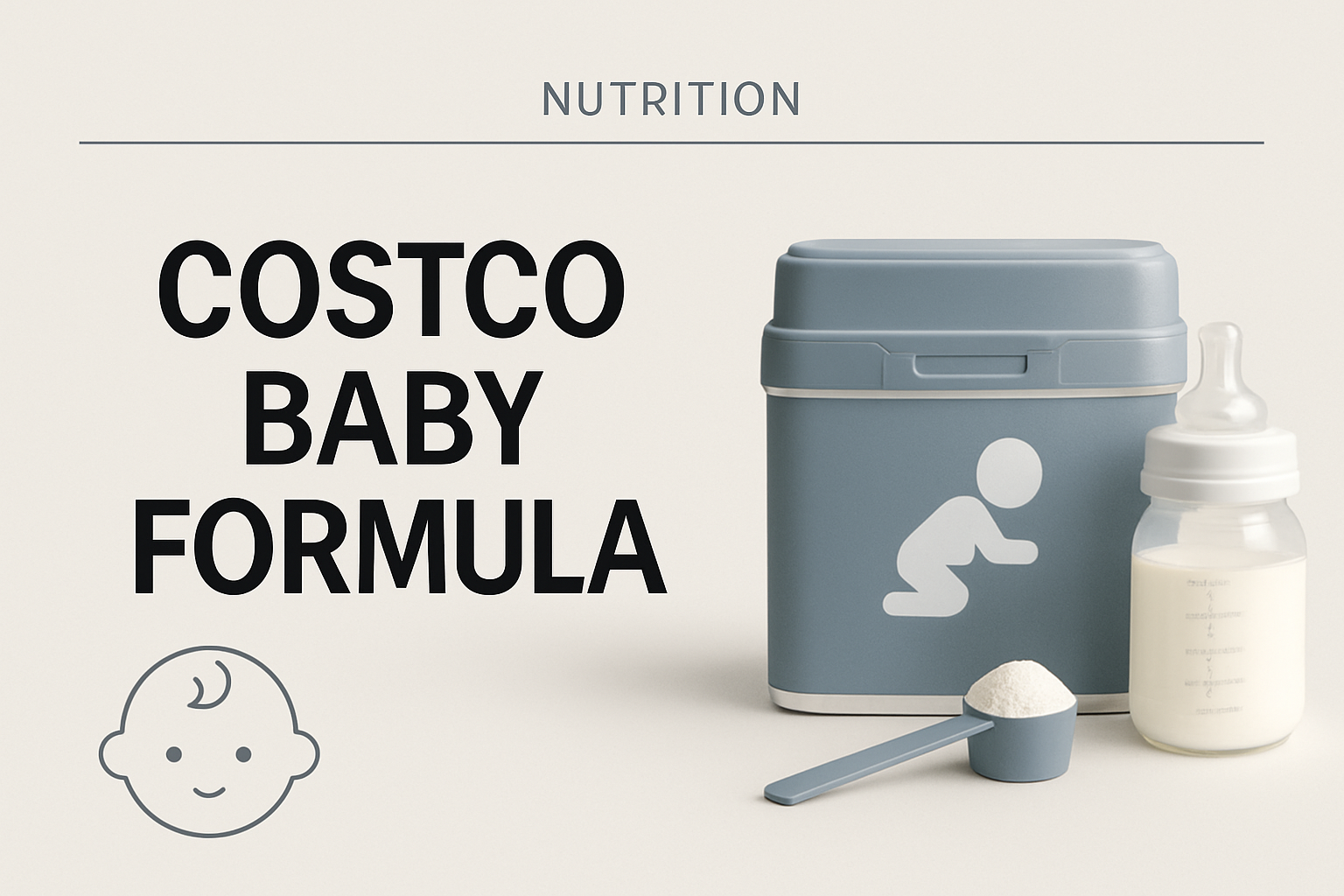

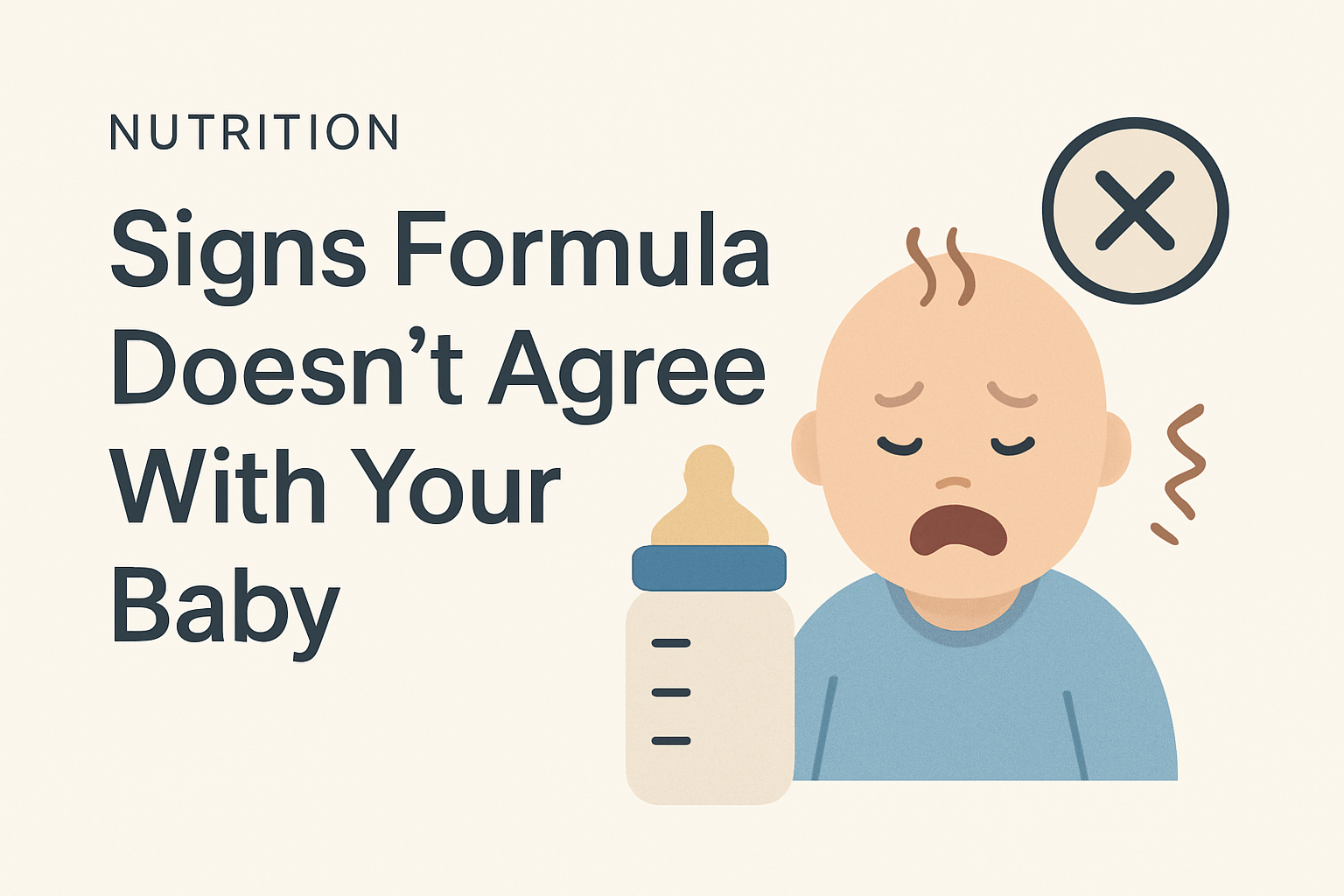
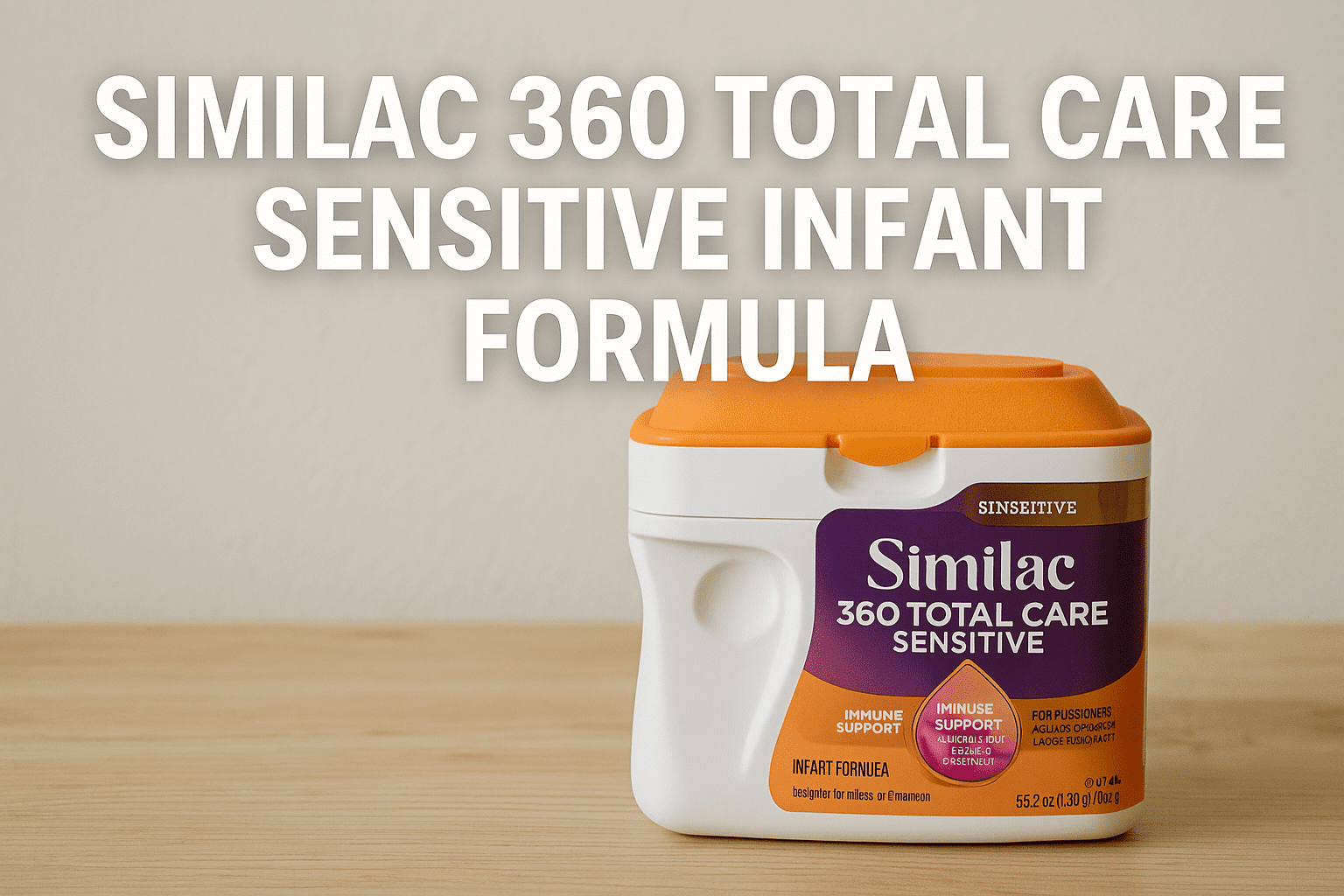

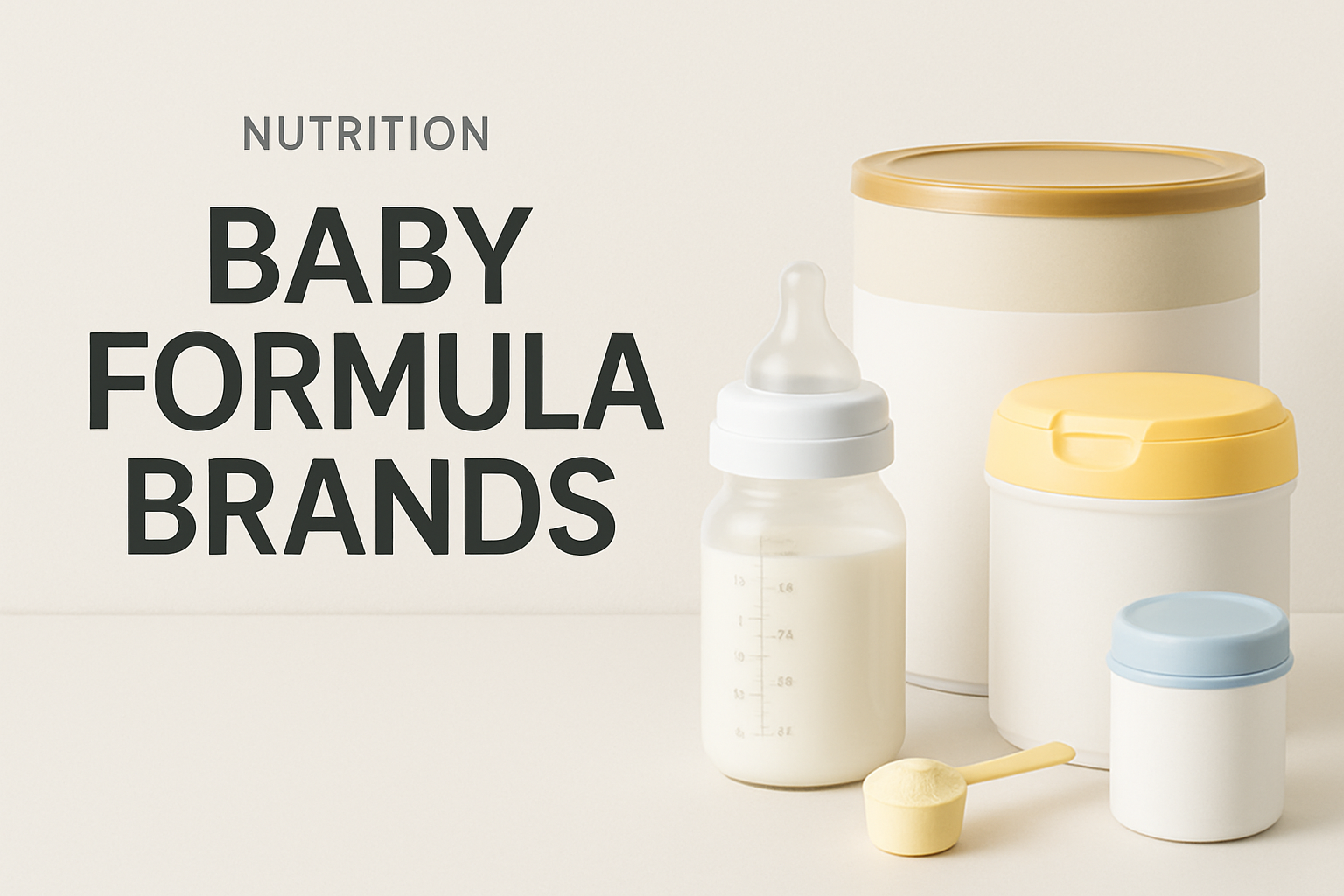

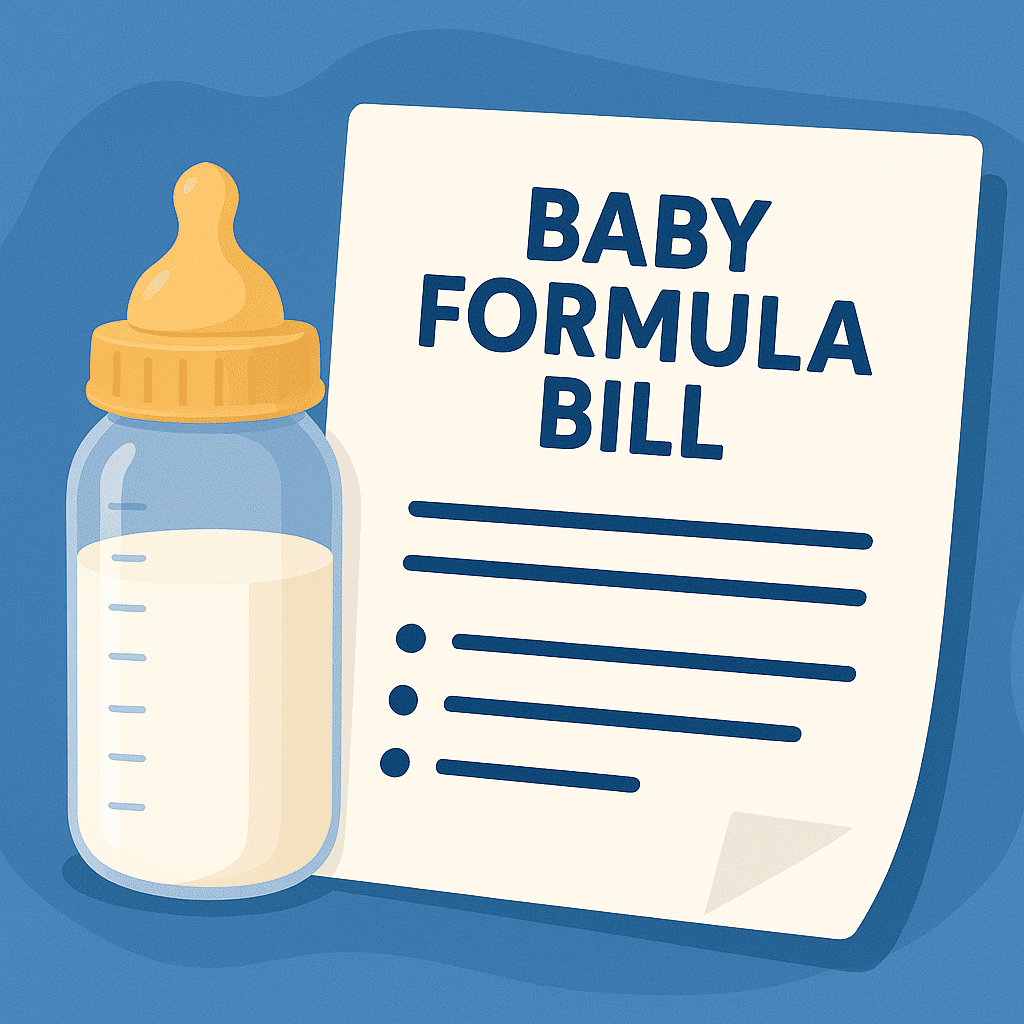
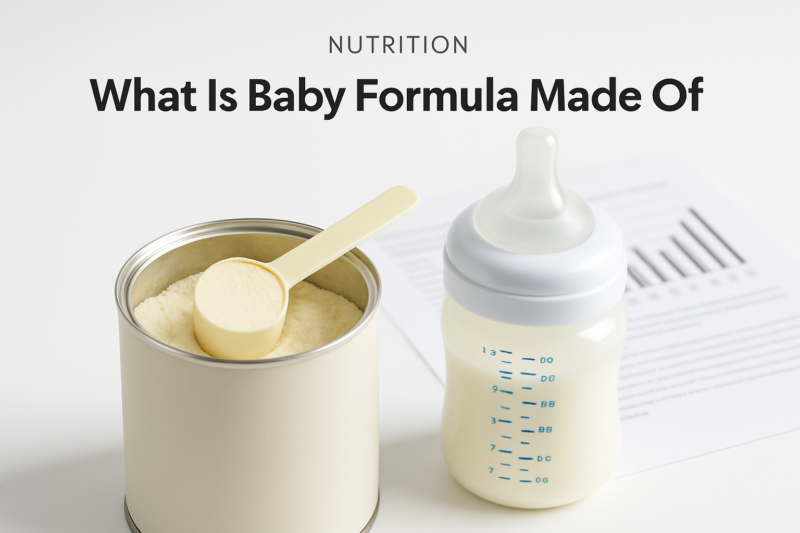

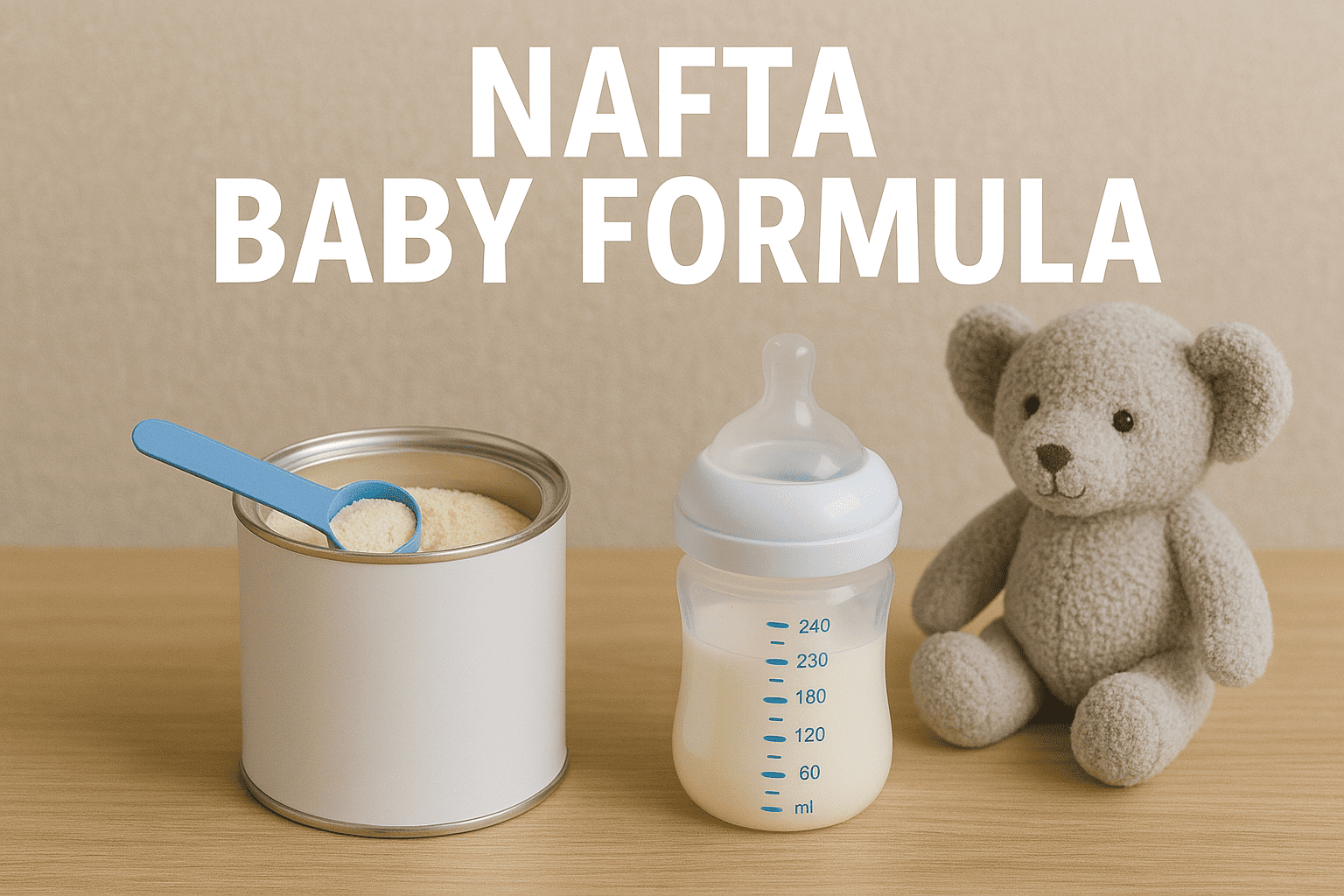
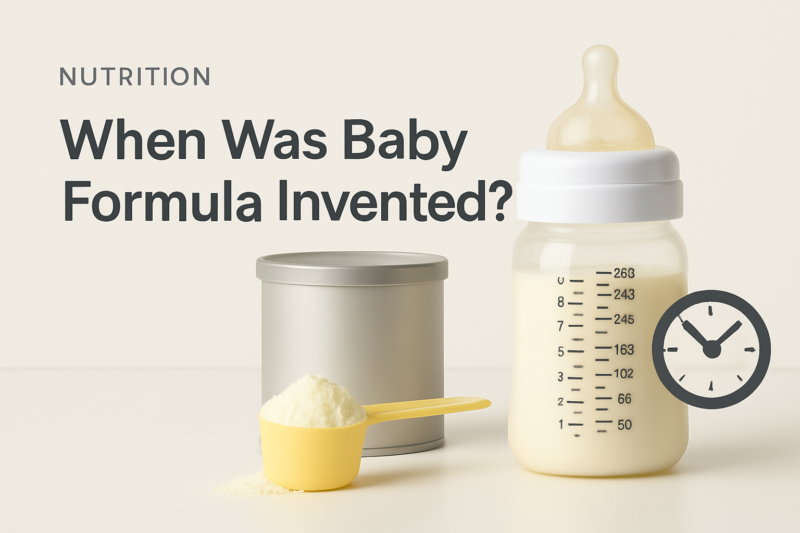
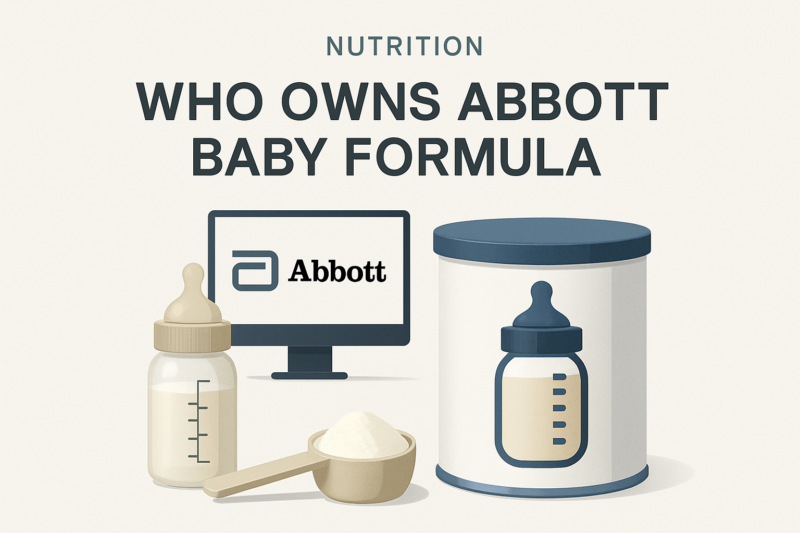
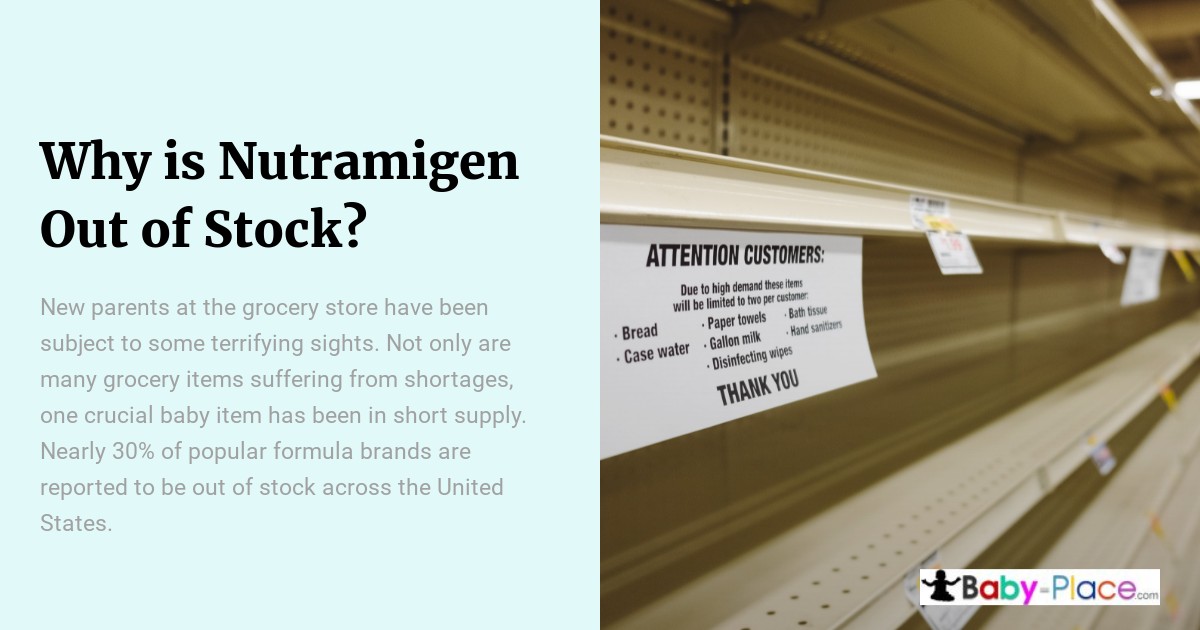
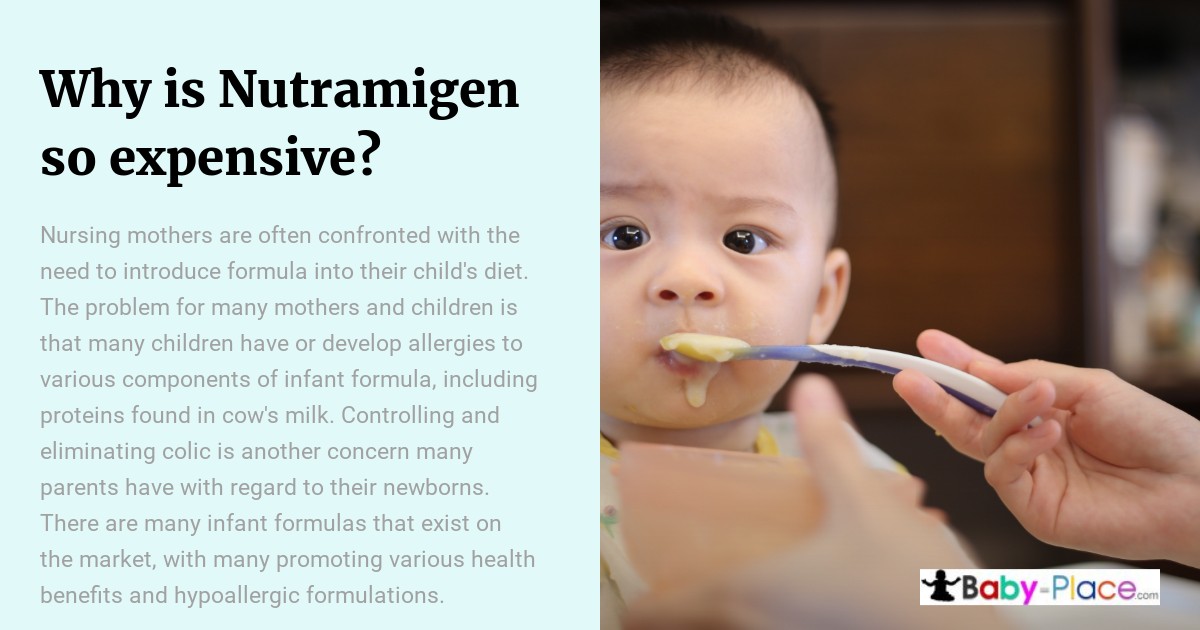
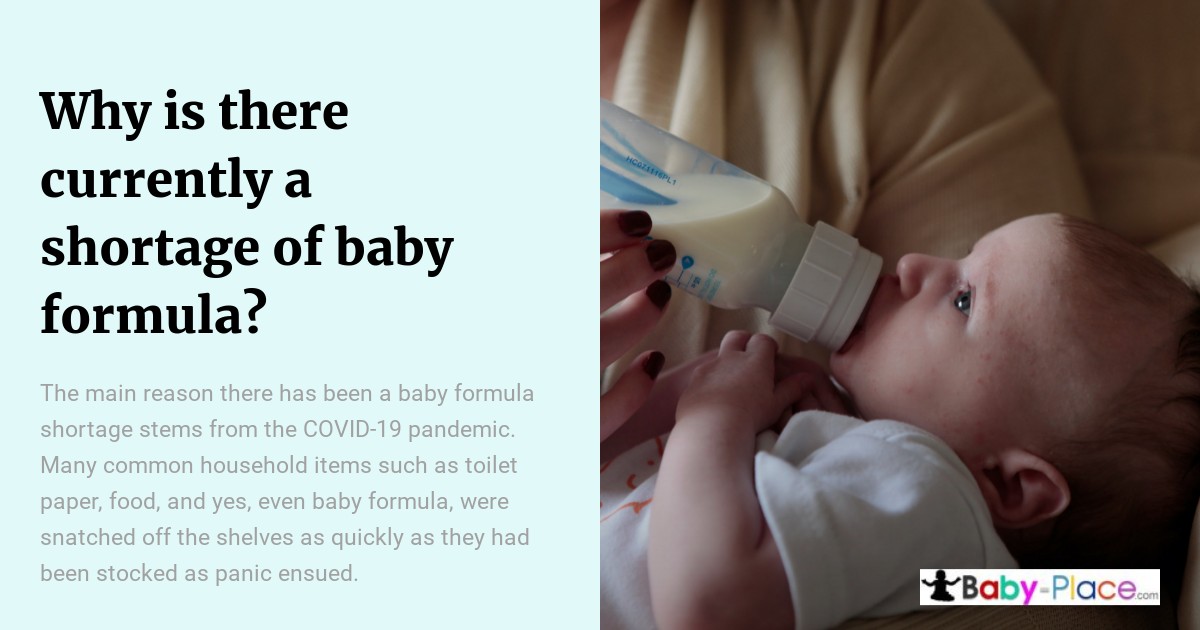

![[Recipe] Homemade Baby Formula Recipe](https://baby-place.com/wp-content/uploads/2025/04/homemade-formula-recipe-e1755526887889.png)
![[Recipe] Making baby formula at home](https://baby-place.com/wp-content/uploads/2022/12/baby-formula-recipe.jpg)